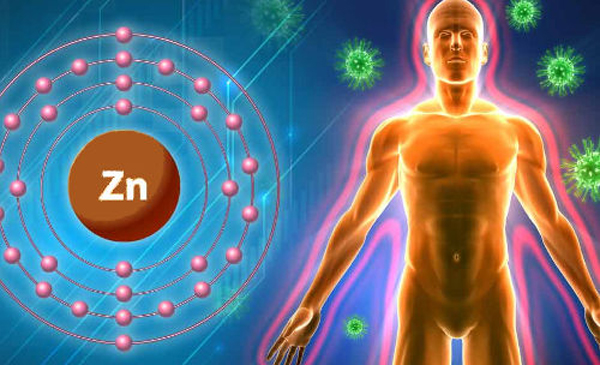A study conductedd by the Technical University of Munich has highlighted the critical relationship between the total amount of zinc in the body and cardiac function.
This study builds on existing research demonstrating zinc’s importance in helping regulate essential metabolic functions.
The study determined that when oxidative stress occurs, it is likely due to a shortage of zinc.
The shortage can be determined by examining the heart muscle. Oxidative stress occurs when more free radicals are generated in cells than can be intercepted by antioxidants such as Vitamin E.
It has already been proven that a severe lack of zinc is also associated with increased cellular stress. However, such an extreme shortage is very rare.
Short-term and latent shortages of zinc occur much more frequently. So far, research is sparse on whether this is also linked to oxidative stress.
Due to its high metabolic activity, the researchers have focused on studying the heart muscle.
A particularly high number of free radicals occurs here relative to the amount of tissue mass. Furthermore, the heart muscle also has a lower antioxidative capacity than other tissues.
Because of this, heart muscle is particularly susceptible to oxidative stress.
The study, which was published in The Journal of Nutrition, was based on monitoring two antioxidants: glutathione and Vitamin E (Tocopherol).
Both nutrients disable free radicals. And Vitamin E in particular is responsible for the integrity of the cell membrane. The cell membrane shields the cell contents from the environment.
For the study, young piglets were deprived of nutritional zinc to different extents for a few days. In this way the scientists were able to determine how a declining amount of zinc in the body affected the animals’ heart muscles.
The researchers noticed that the concentration of glutathione and Vitamin E in the heart muscle declined alongside the zinc status in the body.
This decline demonstrated that the body’s zinc supply already affected the heart’s ability to deal with oxidative stress at an early stage.
According to current research, oxidative stress is a predisposing factor for heart diseases. This fact alone suggests that antioxidant nutrients are essential in maintaining heart health.
And this latest study shows that zinc is one of those critical antioxidant nutrients.
When supplementing zinc, be sure to utilize a natural highly-absorbable form, such as that found in Optimal Whole Food Vitamin/Mineral from Optimal Health Systems.
– – –
Sources: The Journal of Nutrition, ScienceDaily.com.


